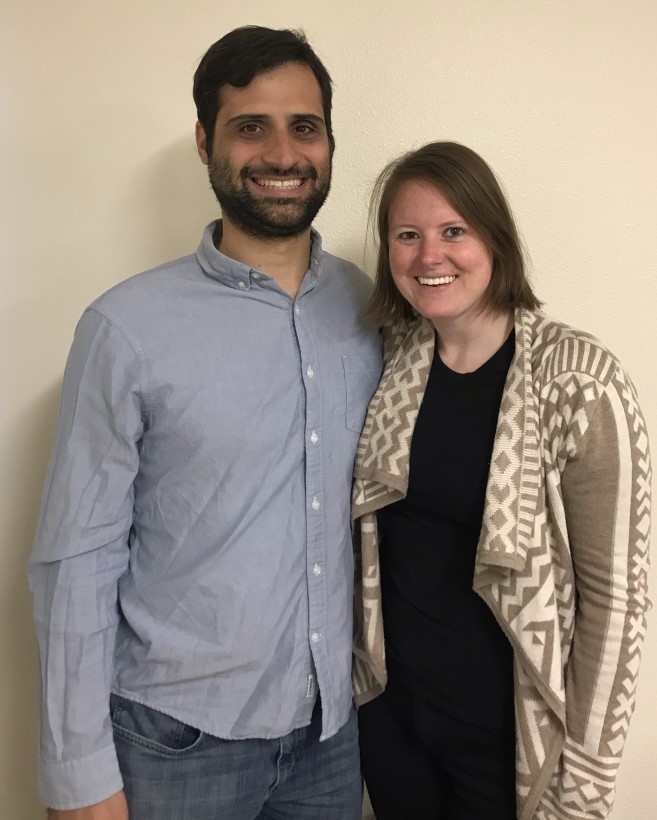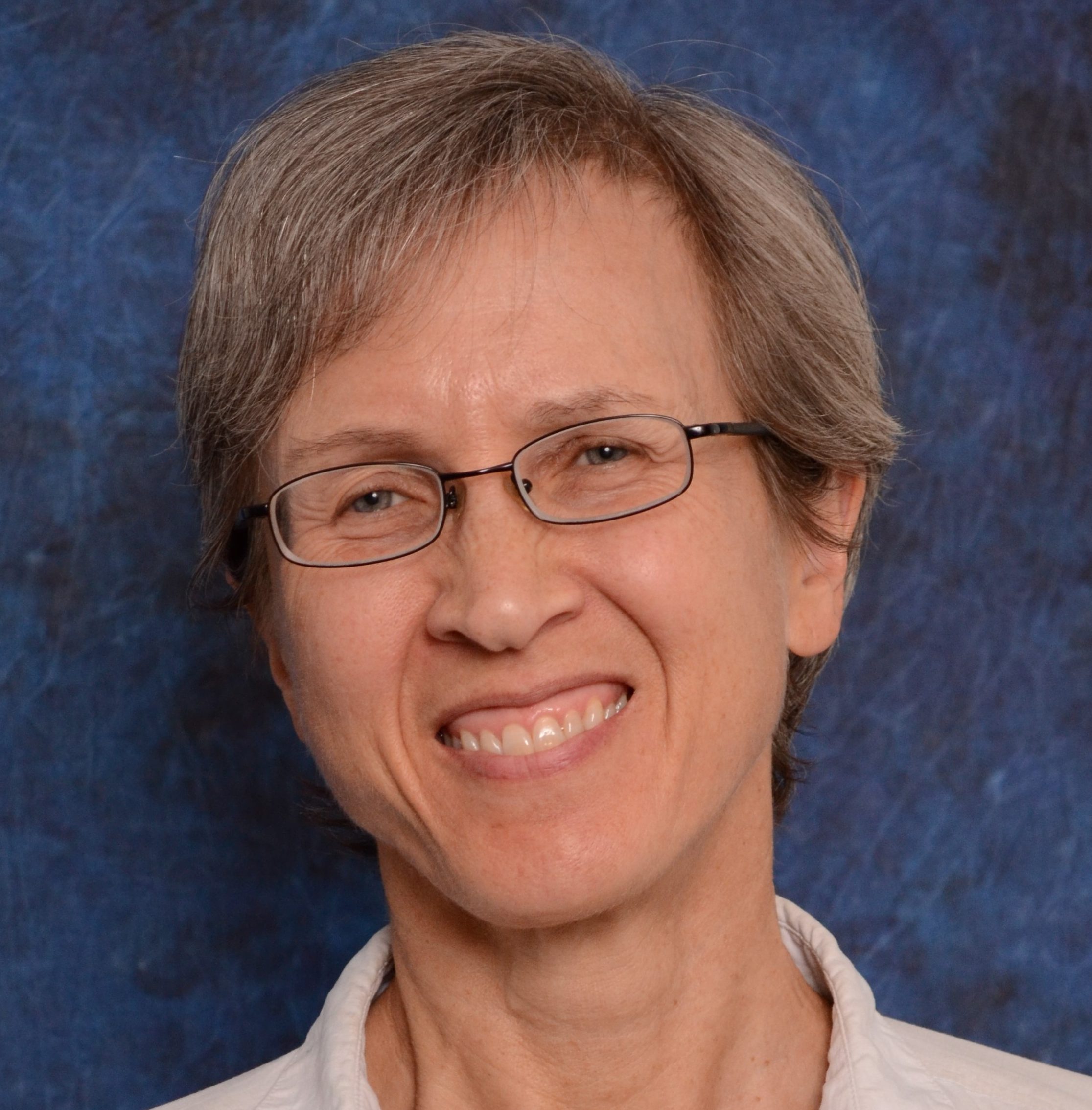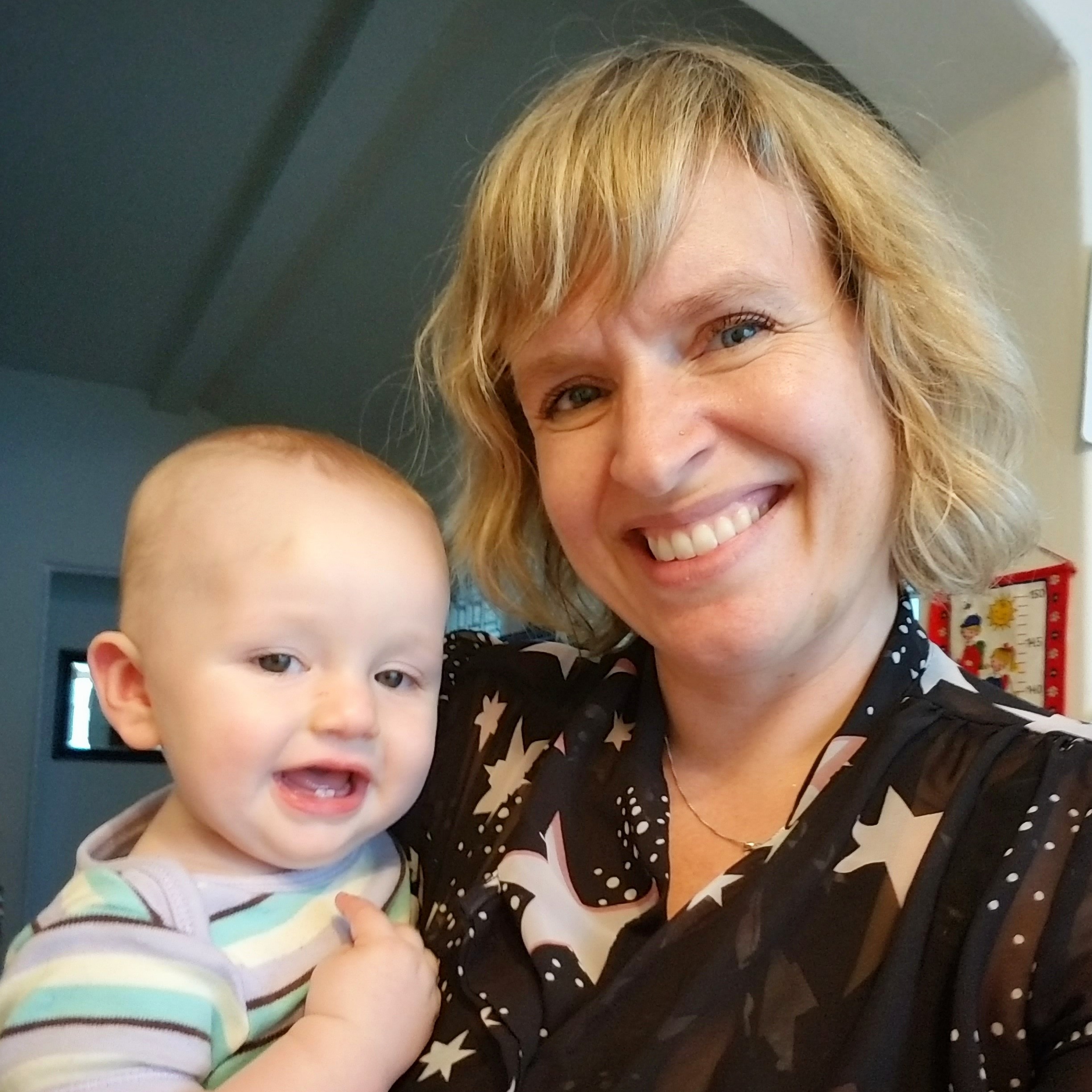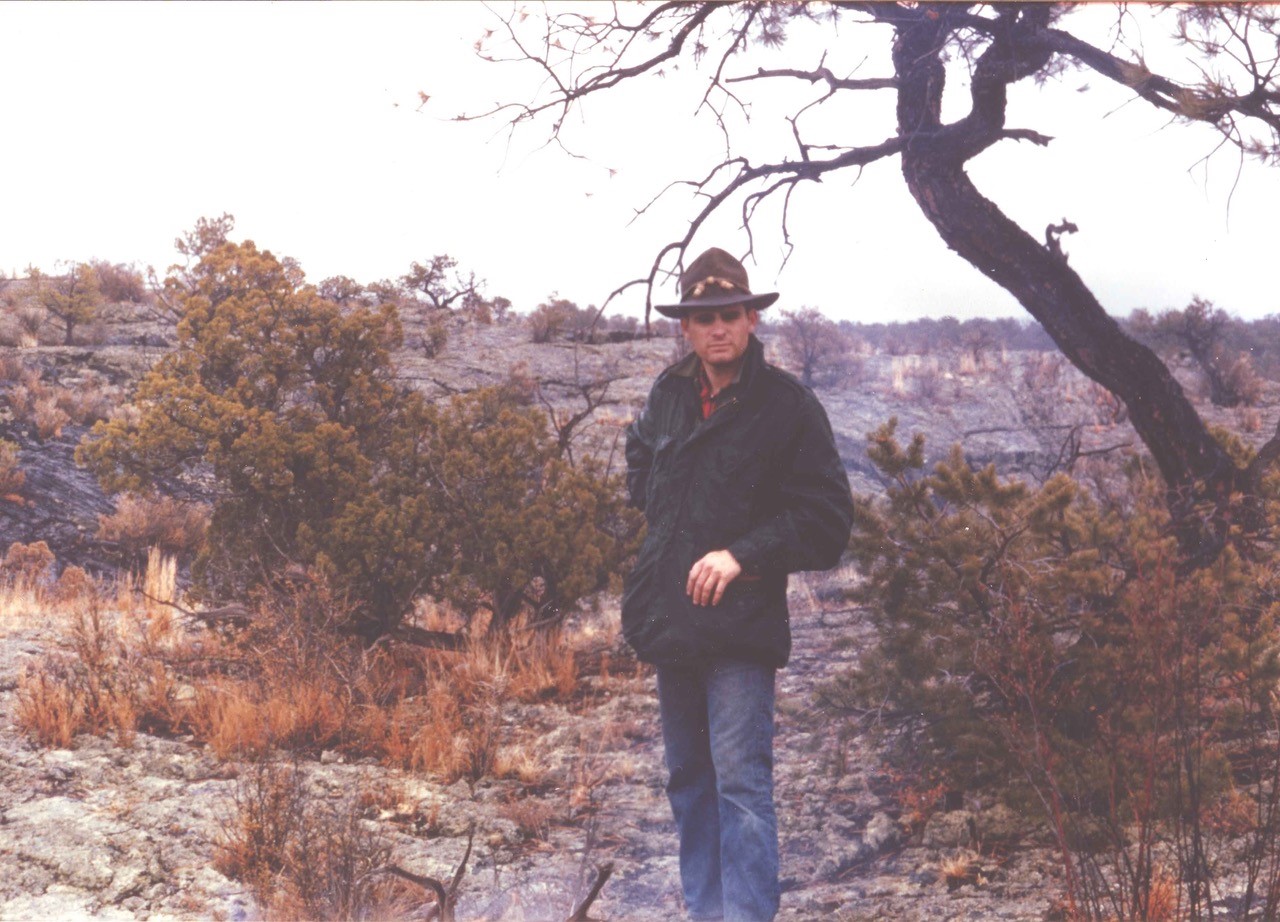 LPL alumna Dr. Ali Bramson (2018) and Dr. Michael Sori (Ph.D. in Planetary Sciences, Massachusetts Institute of Technology) have joined the faculty of the Department of Earth, Atmospheric, and Planetary Sciences (EAPS) at Purdue University as Assistant Professors.
LPL alumna Dr. Ali Bramson (2018) and Dr. Michael Sori (Ph.D. in Planetary Sciences, Massachusetts Institute of Technology) have joined the faculty of the Department of Earth, Atmospheric, and Planetary Sciences (EAPS) at Purdue University as Assistant Professors.
Before joining Purdue, both Ali and Mike were postdoctoral scholars at LPL. As postdocs, Ali worked with Professor Lynn Carter researching lava flows on the Moon with instruments onboard NASA’s Lunar Reconnaissance Orbiter spacecraft and Mike collaborated with professors Christopher Hamilton and Shane Byrne in the study of Mars and the Moon while also being involved in several NASA missions.
In the EAPS Department at Purdue, Ali and Mike will be teaching undergraduate and graduate courses in planetary geology while expanding their current research. Mike has stated that his experience at LPL, including working with students in lab groups and supporting their thesis projects, has prepared him for the next step as an Assistant Professor.
Likewise, Ali has shared that while at LPL, she was actively involved in NASA spacecraft missions, which were crucial for her scientific interests, and led to great professional and academic opportunities. Ali is particularly excited about the interdisciplinary EAPS Department where she will collaborate with scientists who use similar techniques, but also engage in other problems that differ from her previous training.
Congratulations, Professor Bramson and Professor Sori!


 LPL alumna
LPL alumna  LPL alumna
LPL alumna  Dr. Failth Vilas
Dr. Failth Vilas Dr. Devon Burr (UArizona Geosciences, 2003, Baker) is now Professor of Astronomy and Planetary Sciences, Northern Arizona University. Dr Burr’s primary interest are the landforms that result from fluid flow. Fluid flow includes flow by water that formed ancient rivers deposits on Mars, as well as flow in current rivers of liquid nitrogen on Titan, the largest moon of Saturn. Dr Burr also studies the deposits formed by the flow of air, or wind, on Mars and Titan. In addition, Dr. Burr studies lava flows on Mars and the tectonic landforms on icy satellites of the outer Solar System.
Dr. Devon Burr (UArizona Geosciences, 2003, Baker) is now Professor of Astronomy and Planetary Sciences, Northern Arizona University. Dr Burr’s primary interest are the landforms that result from fluid flow. Fluid flow includes flow by water that formed ancient rivers deposits on Mars, as well as flow in current rivers of liquid nitrogen on Titan, the largest moon of Saturn. Dr Burr also studies the deposits formed by the flow of air, or wind, on Mars and Titan. In addition, Dr. Burr studies lava flows on Mars and the tectonic landforms on icy satellites of the outer Solar System. Dr. Joshua Emery (2002) has joined the faculty of Northern Arizona University as Professor of Astronomy and Planetary Sciences. Emery applies the techniques of astronomical reflection and emission spectroscopy and spectrophotometry of primitive and icy bodies in the near- (0.8 to 5.0 microns) and mid-infrared (5 to 50 microns) to investigate the formation and evolution of the Solar System and the distribution of organic material. The Jupiter Trojan asteroids have been a strong focus of his research, and he also regularly observes Kuiper Belt objects, icy satellites, and other asteroid groups to understand the state of their surfaces as related to these topics. Along with telescopic observations, he contributes to Solar System exploration as a science team member on the OSIRIS-REx asteroid sample return mission, the Lucy Trojan asteroid flyby mission, and the NEO Surveyor Mission infrared telescope mission.
Dr. Joshua Emery (2002) has joined the faculty of Northern Arizona University as Professor of Astronomy and Planetary Sciences. Emery applies the techniques of astronomical reflection and emission spectroscopy and spectrophotometry of primitive and icy bodies in the near- (0.8 to 5.0 microns) and mid-infrared (5 to 50 microns) to investigate the formation and evolution of the Solar System and the distribution of organic material. The Jupiter Trojan asteroids have been a strong focus of his research, and he also regularly observes Kuiper Belt objects, icy satellites, and other asteroid groups to understand the state of their surfaces as related to these topics. Along with telescopic observations, he contributes to Solar System exploration as a science team member on the OSIRIS-REx asteroid sample return mission, the Lucy Trojan asteroid flyby mission, and the NEO Surveyor Mission infrared telescope mission. Dr. Ingrid Daubar (2014) is now Assistant Professor of Research at Brown University. This cross-country move from California (JPL) to Rhode Island is only one of the changes in Ingrid's life this past year—the other being the birth of beautiful baby Arthur. Congratulations, Ingrid!
Dr. Ingrid Daubar (2014) is now Assistant Professor of Research at Brown University. This cross-country move from California (JPL) to Rhode Island is only one of the changes in Ingrid's life this past year—the other being the birth of beautiful baby Arthur. Congratulations, Ingrid! Dr. Jani Radebaugh
Dr. Jani Radebaugh
